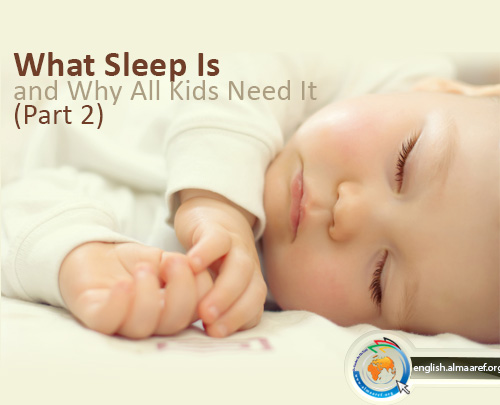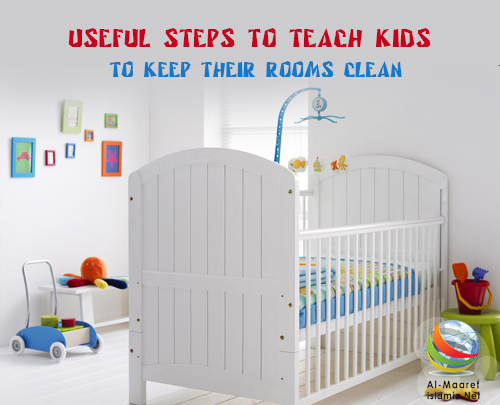REM
This stands for Rapid Eye Movement. Even though the muscles in the rest of your
body are totally relaxed, your eyes move back and forth very quickly beneath
your eyelids.
The REM stage is when your heart beats faster and your breathing is less
regular. This is also the stage when people dream!
While you’re asleep, you repeat stages 2, 3, 4, and REM about every 90 minutes
until you wake up in the morning. For most kids, that’s about four or five times
a night. Who said sleep was boring?
Dream a Little Dream
You’re walking down the street and you pass a monkey in a green hat eating a
donut. Suddenly you’re in school - but why does your teacher have such big
teeth? And how come you’re wearing polka-dot pants?
No, this isn’t a scene from a scary movie - it’s a dream!
People dream during REM sleep, the period that follows the deepest stage of
sleep. Everybody has dreams, although some people have a tough time remembering
them. When you wake up can affect whether you can remember your dreams. If you
wake up during REM sleep, you might remember everything about your dream. If you
wake up during another stage of sleep, you might not remember a thing.
No one knows for sure why people dream. Some scientists think that dreams are
your brain’s way of making sense of what happened during the day. Others think
that dreams allow your brain to sort through the events of the day, storing the
important stuff and getting rid of the junk. Some scientists say that dreams are
a clue to what you’re worried about or thinking about.
How to Catch Your ZZZs
For most kids, sleeping comes pretty naturally. Here are some tips to help you
catch all the ZZZs you need:
• Try to go to bed at the same time every night; this helps your body get into a
routine.
• Follow a bedtime routine that is calming, such as taking a warm bath or
reading.
• Limit foods and drinks that contain caffeine. These include some sodas and
other drinks, like ice tea.
• Don’t have a TV in your room. Research shows that kids who have one in their
rooms sleep less. If you have a TV, turn it off when it’s time to sleep.
• Don’t watch scary TV shows or movies close to bedtime because these can
sometimes make it hard to fall asleep.
• Don’t exercise just before going to bed. Do exercise earlier in the day - it
helps a person sleep better.
• Use your bed just for sleeping - not doing homework, reading, playing games,
or talking on the phone. That way, you’ll train your body to associate your bed
with sleep.
If you have a hard time falling asleep for more than one or two nights or have
worries that are keeping you from sleeping, tell your mom or dad. They can help
you solve your sleep problems. In fact, just talking about it with them could
help you relax just enough (yawn) that you’ll be ready to sleep.
* Source: kidshealth.org




















